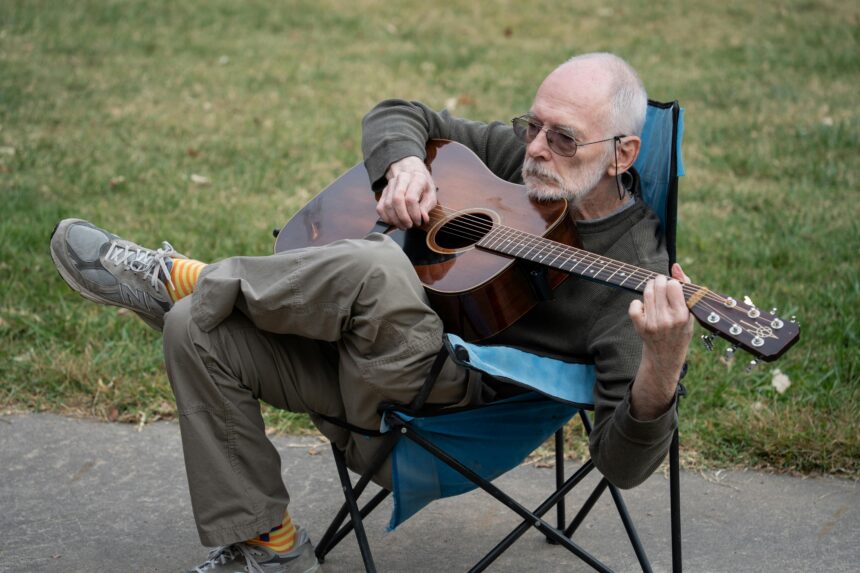Ever stared at a blank canvas and wondered if painting it was just a way to pass the time? Or found yourself thinking that learning piano at 35 might be too late to matter? It turns out, your brain has been listening all along—and it’s taking notes.
Scientists have long assumed brain aging is mostly a steady, inevitable decline. Genetics, hormones, and lifestyle factors were thought to set the pace, and hobbies were considered merely fun distractions. But a new study published in Nature Communications flips that assumption on its head. Researchers measured neural age using “brain clocks,” sophisticated computational tools that estimate your brain’s age from M/EEG data. Their goal: to see if creative experiences—music, dance, visual arts, or even video gaming—could actually influence the clock.
The findings are striking. People with years of creative practice had brains that looked younger than their calendar age. Regions of the brain particularly vulnerable to aging, like the fronto-parietal network, showed stronger connectivity and efficiency in these experts. Short-term dabbling, it turns out, isn’t enough—the brain benefits most from long-term engagement.
So, what does that mean for you staring at your piano or dusting off that sketchbook? Each session of creative activity isn’t just leisure; it’s like a mini workout for your neurons. Your brain networks are reorganizing, strengthening, and becoming more resilient—all while you’re having fun.
Even video games, often dismissed as mere entertainment, appear to play a similar role. The study suggests it’s not the type of creative activity that matters most, but the dedication and consistent engagement over time. Your brain rewards sustained curiosity and practice with slower aging and enhanced connectivity.
In other words, your hobbies might be your secret anti-aging strategy. Next time you pick up a brush, step into a dance class, or learn a new song, know that your neurons are paying attention—they’re learning, strengthening, and keeping you sharp in ways that scientists are only beginning to understand. The brain may not age in a straight line, but it seems creativity can bend that curve in your favor.







